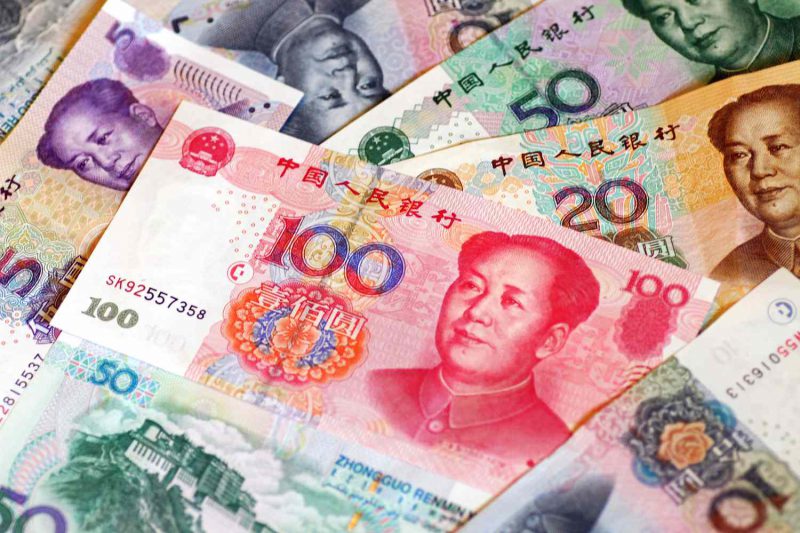A record amount of China’s Yuan was drawn from foreign exchange swap lines by central banks worldwide in Q1 2023. The development is another sign of the Yuan’s rising international stature.
Currency swaps are agreements where central banks lend and borrow each others’ currencies at the same time, at a certain date. However, there is also a promise to exchange the capital again and pay an agreed interest rate.
The People’s Bank of China (PBOC) reported on Monday that the total outstanding balance of all foreign currency swaps was 109 billion yuan ($15.6 billion) at the end of March. This represented the second-largest quarterly increase in history. Moreover, it was 20 billion yuan higher than the level at the end of 2022. The PBOC did not specify which countries have made use of the facility.
The increase was brought on by more nations looking to settle their commerce with China in their local currencies. The reliance on the U.S. dollar will be lessened as a result. In response to a decline in the peso, Argentina declared in April that it would use its swap line to fund imports from China. Brazil also consented to begin settling certain trades in local currencies and took measures to facilitate yuan transactions with China.
Are U.S. sanctions helping China’s Yuan?
China’s stringent capital movement restrictions continue to be a significant obstacle to the country’s efforts to improve the Yuan’s status. Nonetheless, the promotion of the currency as a substitute for international transactions is aided by U.S. sanctions against Russia and other nations.
However, not every nation can use their exchange lines with the PBOC. For instance, Sri Lanka is unable to use its $1.5 billion swap arrangement with China. This is due to a requirement that the nation must meet regarding the number of months of import coverage.
Nonetheless, the growing influence of China’s Yuan has caused some worry among American allies. Regardless, the Yuan is still a long way from becoming the international standard. The U.S. Dollar continues to account for more than 80% of international trade. Changing the well-oiled system would require immense work, not to mention a lot of time.





